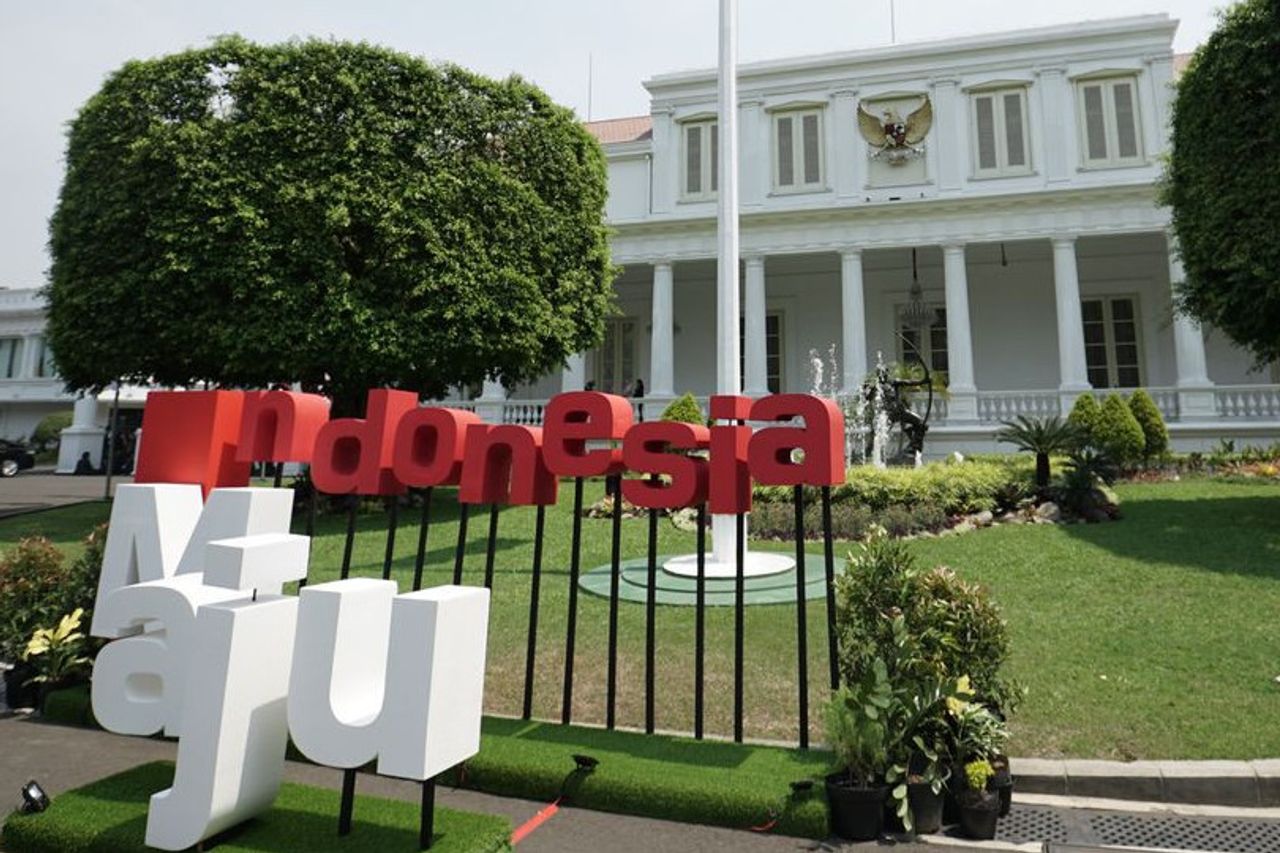Oligarchy Smell In The Omnibus Law Bill Cilaka

JAKARTA - The government and the DPR are currently unifying the substance of legal norms in various laws (UU) into one law or what is called the omnibus law Bill on Job Creation. President Joko Widodo (Jokowi) also targets the bill to be completed within three months.
However, the omnibus law on creating employment is considered to be impartial to the Indonesian people. In fact, it is considered to make workers suffer, because it will have the potential to become a mass breaker of work relations (layoffs).
The head of Syndication, Ellena Ekarahendy, said that the concept of the omnibus law was not intended for the Indonesian community. Because the omnibus law bill also harms young workers and prospective workers. In the conditions of a flexible labor market that continues to expand, young workers and prospective workers will not have job security or job security.
"It is clear who the answer to the omnibus law question is for whom? It is for us at all. Not for the Indonesian people, not for the working class," he said in a discussion at the LBHI Building, Jakarta, Sunday, January 19.
Ellena explained that now with land management which was then controlled by oligars, it completely made Indonesian workers dependent on wage employment relations. According to him, with this wage employment relationship, workers are placed in a very weak position. They will likely only be recruited as contract workers or freelancers.
Ellena said, these young workers and prospective workers are also threatened with dismissal at any time. "When this omnibus law appears, this mass layoff will occur on a large scale. This will not only happen for young workers. But those who have been working for a long time must face this potential," he explained.
In addition, Ellena explained, the working class will become permanent temporary workers. This means that slowly and permanently will always work temporarily. Another impact of this omnibus law, said Ellena, is a reduction in minimum wages, discrimination, elimination of social security, and loss of penalties.
"In fact what happens is that we are only going to work, only being able to provide for today. At least today so that tomorrow can live, so that they can live again and work again the next day. There is no guarantee or safety net that exists for the people. workers, "he explained.
The smell of oligarchy
Meanwhile, the Director of LBH Jakarta, Arif Maulana, said that the omnibus law would not only destroy the life of the nation, but also destroy the structure of this nation's life.
"One important question, who is the omnibus law for? The concept of a law that combines laws into one. Delete revisions to articles that are considered to hinder investment. This is firm and clear for the interests of the oligarchy," he said.
Arif actually questions from the perspective of the constitution and human rights, there are many collisions and overlaps, precisely because the DPR is the regulator and the government. However, he admitted, there was no problem as long as the goal was for the benefit of citizens.
"The omnibus law is deemed necessary because so far there are many rules that have a perspective because they do not take sides with investors. Whereas what is needed is to side with the citizens. The 1945 Constitution should protect the Indonesian people," he explained.
The Omnibus law is present at the direction of President Jokowi. When his first speech was after being inaugurated on October 20, 2019, Jokowi said that the government would invite the DPR to issue two major laws. First, the Job Creation Law. Second, the UMKM Empowerment Law. Each of these laws will become an omnibus law, namely one law that simultaneously revises several laws.
The President's directive at the Limited Meeting on the Delivery of Programs and Activities in the Economic Sector on October 30, 2019, namely the omnibus law, should be given the title copyright employment, whose substance remains related to the investment ecosystem.
The purpose of the omnibus law is to strengthen the economy for the creation and expansion of employment. Improvement of the investment ecosystem and the convenience and protection of MSMEs.
